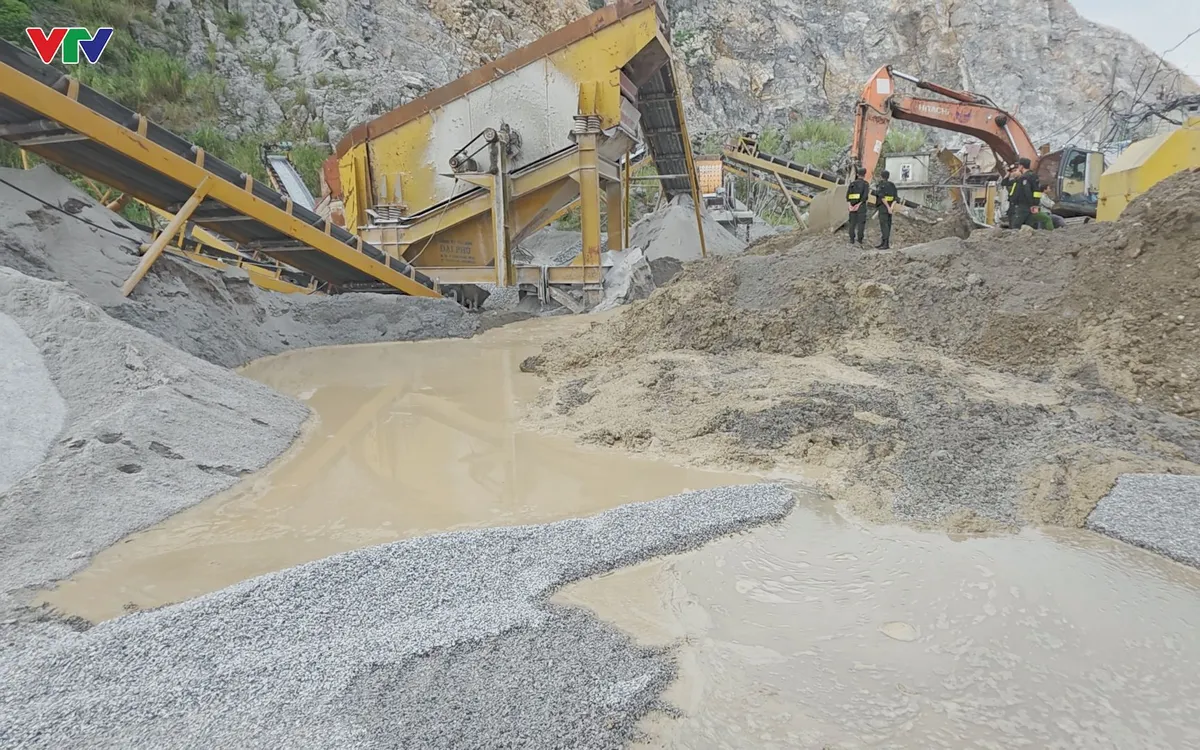
Increasing the role of commune level, tightening post-inspection
Focusing on discussing the draft Law amending and supplementing a number of articles of the Law on Geology and Minerals, delegates assessed that the draft had many new points, demonstrating modern, transparent and feasible management thinking. One content emphasized was adding responsibility of the commune level in managing and protecting mineral resources right from the grassroots level to promptly detect and prevent violations.
Regarding the responsibilities of relevant agencies, National Assembly Delegate Dang Bich Ngoc suggested that the draft should study and consider adding responsibilities of the commune level in monitoring and detecting violations of illegal mineral exploitation. She emphasized: "I think that the commune is the unit that directly understands the situation of mineral exploitation and people's feedback. Therefore, there must be strict regulations to monitor the exploitation and efficiency of mineral resources while still ensuring environmental factors. In addition, it is necessary to clearly stipulate sanctions and inter-sectoral coordination mechanisms to thoroughly handle illegal mineral exploitation situations..."
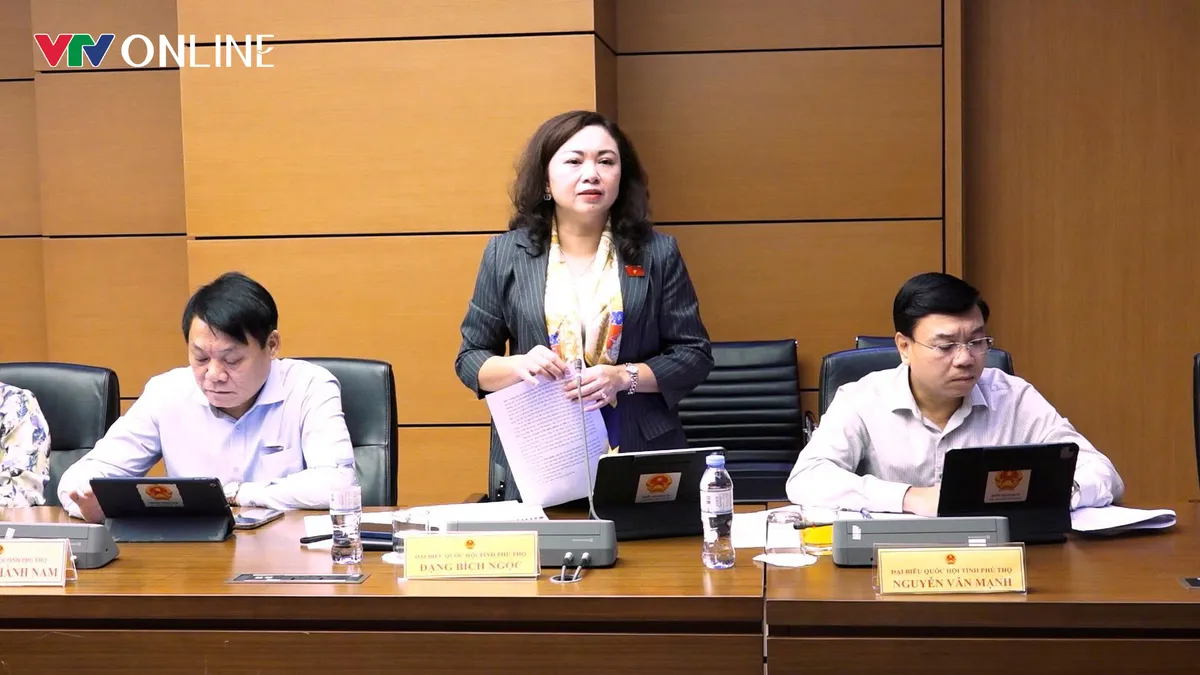
National Assembly Delegate Dang Bich Ngoc said: the commune is the unit that directly understands the situation of mineral exploitation and people's feedback, so it is necessary to add commune-level responsibility in mineral management.
Sharing the same view, National Assembly Delegate Cam Ha Chung said that it is necessary to supplement the role of the commune level and the inter-sectoral coordination mechanism in monitoring and handling violations. He stated: "Because, in reality, illegal exploitation often occurs on a small scale and scattered at the commune and village levels. If the role of the grassroots government is not promoted, it will be very difficult to prevent it in time. The delegate proposed to supplement regulations on the responsibility of the People's Committee at the commune level in monitoring, detecting, reporting and coordinating with competent authorities in inspecting and handling violations. At the same time, there should be strict sanctions for acts of not returning land or restoring the environment after exploitation."
Not only stopping at early detection, many opinions request to strengthen " post-inspection ", especially when some procedures for mineral groups serving people's needs and public investment are reviewed and cut down in a way that creates convenience. National Assembly delegate Nguyen Van Manh emphasized the need for post-licensing control to prevent consequences: "I think if we do this well, we will avoid rampant exploitation, causing waste and loss of resources and minerals, leaving consequences for the environment..."
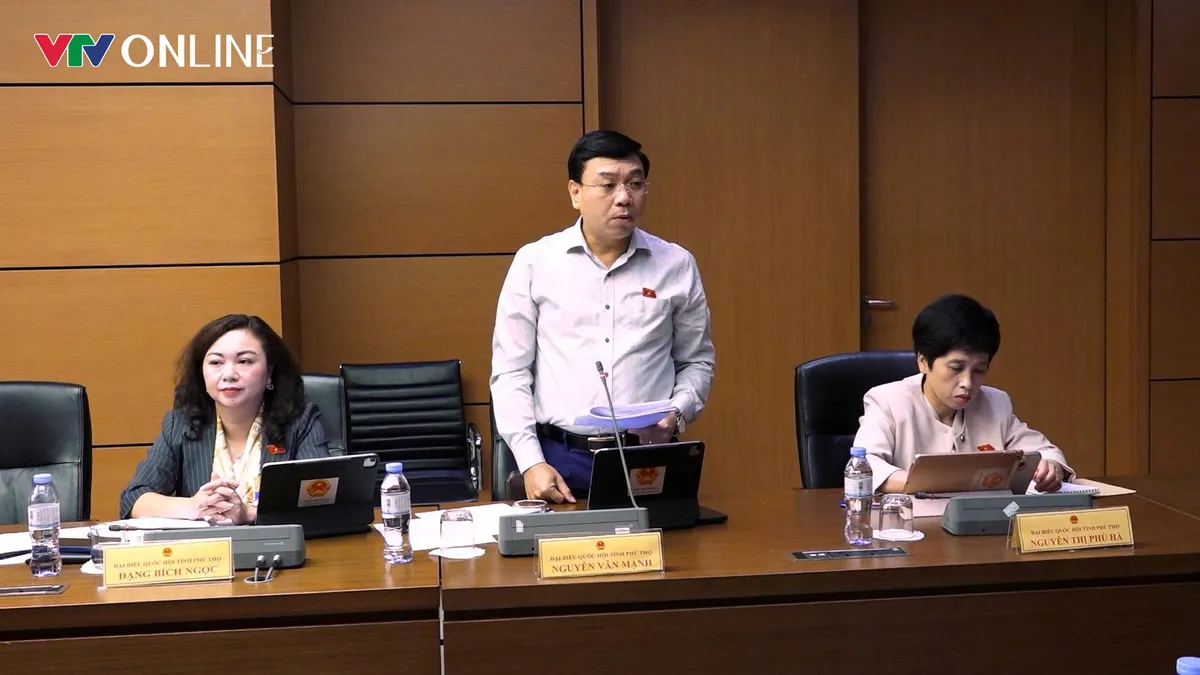
National Assembly Delegate Nguyen Van Manh expressed his opinion: It is necessary to strengthen "post-inspection" in mineral management.
In practice, when decentralizing and decentralizing more strongly to localities, the law must clearly design accountability. Who is responsible for supervision, who is the focal point for coordination, how is the process of receiving people's feedback, how long is the reporting and handling period, and what are the sanctions if management is lax or violations are repeated. Commune level, units close to the people and the field, have the advantage of accessing information early, grasping community feedback, and thus being able to proactively prevent hot spots from the beginning if assigned clear tasks and equipped with appropriate enforcement tools.
Strict sanctions for non-land restitution
Another content that received consensus was to increase sanctions for the act of not returning land and not restoring the environment after mining. This is a step that is easily overlooked when businesses end their operations, leaving behind rough terrain, dangerous lakes and pits and a risk of long-term pollution. Adding stricter regulations on deposits for environmental improvement and restoration, post-mining acceptance procedures, responsibility for compensation for damages and enforcement mechanisms is considered a prerequisite to binding responsibility to the end. When the request for returning land is clearly quantified and transparently monitored, the handling of violations will have a basis and a higher deterrent effect.
Delegates also proposed clarifying the inter-sectoral coordination mechanism between the natural resources and environment agency, local authorities, police, forest rangers, and specialized inspectors to ensure smooth information and timely action. With the characteristics of many violations occurring on a small scale and scattered in villages and hamlets, the commune level needs to be designated as a focal point to receive feedback, organize initial inspections, prepare initial records, and immediately transfer them to competent authorities for handling; at the same time, update the handling results for people to monitor.
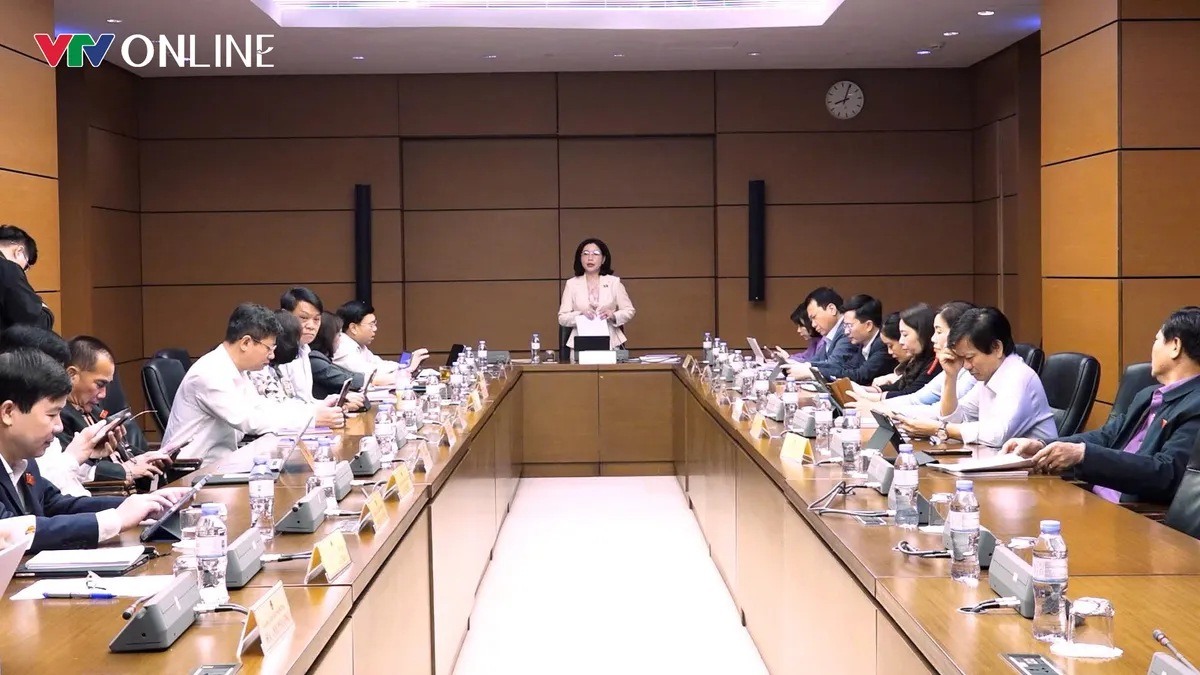
National Assembly deputies discuss the draft Law amending the Law on Geology and Minerals.
At the overall level, the draft Law on amending and supplementing a number of articles of the Law on Geology and Minerals this time focuses on three main pillars: perfecting the mineral exploitation mechanism to serve public investment, decentralization - delegation of power associated with accountability, and resource management associated with environmental protection and sustainable development. When the source of materials for key projects is guaranteed according to strict procedures, when authority is accompanied by responsibility and effective post-audit tools, and when the obligation to restore the environment becomes a mandatory condition, the legal framework will be strong enough to harmonize development goals with the requirements of protecting resources and the environment.
From urgent requirements at the grassroots level to the demands of infrastructure projects, the general spirit of the discussion is to give more power but with good control, taking the commune level as the " eyes and ears " of the system, ensuring that all people's feedback on mining activities is received and processed promptly. Adding responsibilities to the People's Committee at the commune level, clarifying the coordination mechanism and increasing sanctions for non-land reclamation are key steps to manage minerals more closely and transparently, for the long-term benefit of the community and the State.
Source: https://vtv.vn/dbqh-de-nghi-bo-sung-trach-nhiem-cap-xa-trong-quan-ly-khoang-san-100251106173609135.htm



![[Photo] Prime Minister Pham Minh Chinh receives the delegation of the Semiconductor Manufacturing International (SEMI)](https://vphoto.vietnam.vn/thumb/1200x675/vietnam/resource/IMAGE/2025/11/06/1762434628831_dsc-0219-jpg.webp)



![[Photo] Closing of the 14th Conference of the 13th Party Central Committee](https://vphoto.vietnam.vn/thumb/1200x675/vietnam/resource/IMAGE/2025/11/06/1762404919012_a1-bnd-5975-5183-jpg.webp)
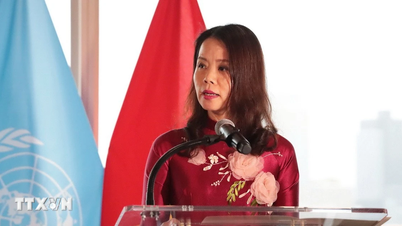

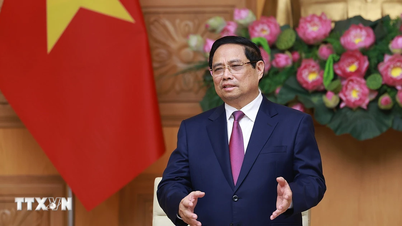

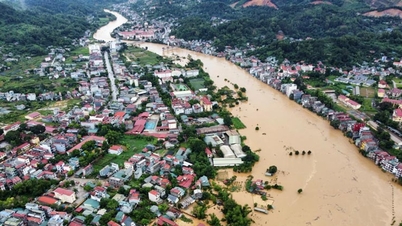

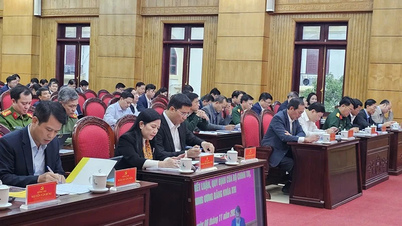










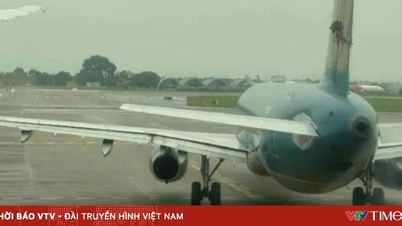




































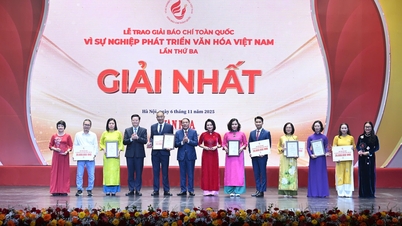


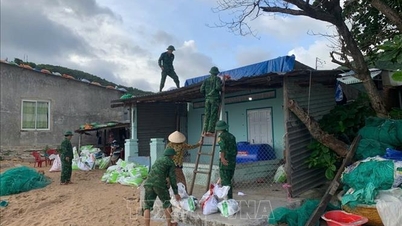











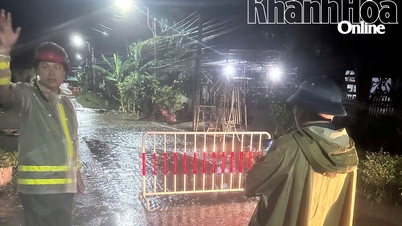



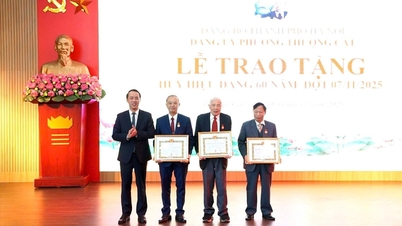
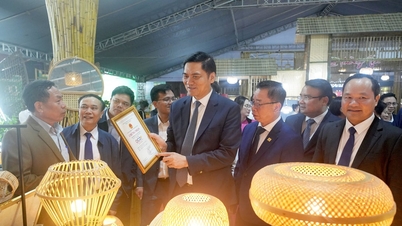

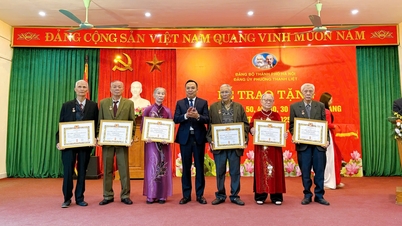

















Comment (0)